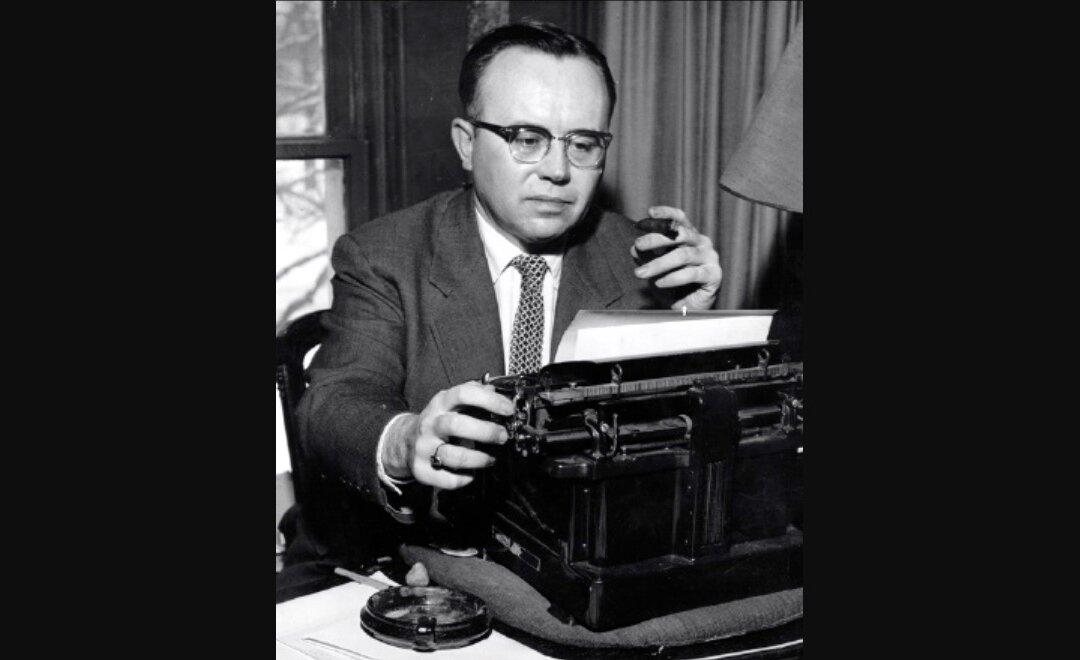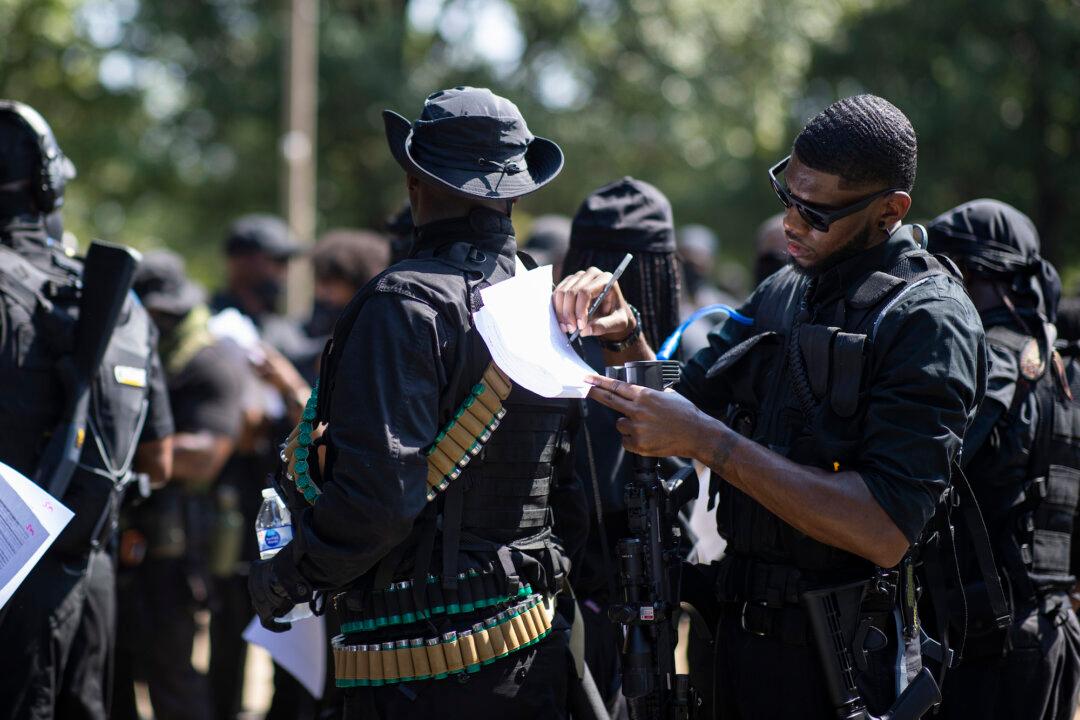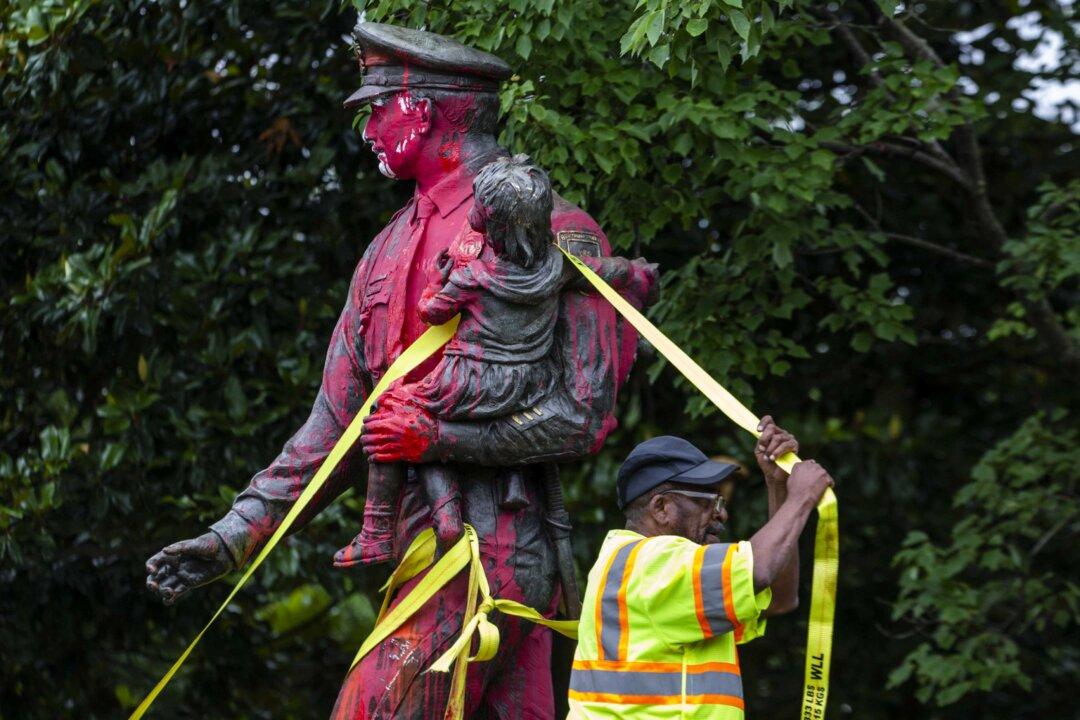Commentary
At no time in American history have there been more voices overtly identifying as “conservative” in politics and the media. From newspapers and journals to websites, blogs, a cable news network, and talk radio, voices claiming the mantle of conservatism are everywhere.





